During the Human Rights Lunch Online seminar on 30st January 2026 , Martin Scheinin, visiting professor at the Faculty of Law and previous United Nations Special Rapporteur on human rights and counter-terrorism (2005–2011), presented on the rights of future generations.
Watch the recording on Youtube:
Professor Martin Scheinin, Lund University and European University Institute
In international human rights law, the subject, or ‘beneficiary’, of a human right is usually thought of as a born and currently living person, an individual human being. That said, human rights law does recognise the category of collective rights, as well as the concept of human dignity that represents a universal value underlying the whole catalogue of specific human rights of individuals.
The Universal Declaration of Human Rights (1948) clearly was written as a future-oriented document of moral, political and legal (in this order) relevance. While its Article 1 opens with the phrase “All human beings are born free and equal in dignity and rights.” (emphasis added), the preceding Preamble includes notions such as “the human family” and “the dignity and worth of the human person” which may be interpreted to extend the moral foundations of human rights beyond individual rights that can be exercised between birth and death. The understadning of individual rights belonging to born and living individuals is visible across human rights treaties, with one exception in the American Convention of Human Rights where the right to life provision includes the phrase “from the moment of conception”, reflecting a strong influence of religious Catholic thinking.
Collective rights – rights that will be exercised by a group of people jointly, such as by a family, minority or trade union, or by an even larger group, such as the right to self-determination as a people have been included in some but not all human rights treaties, with the effect of extending the protection of human rights beyond the vertical relationship between a state and one individual. No human rights treaty addresses the individual or collective rights of members of future generations. International treaties in the field of environmental law, however, do make references to future generations, particuarly new treaties written in the age of climate change.
In moral philosophy (see section 2 of the linked Stanford Encyclopedia article), some authors are prepared to widen the scope of subjects of rights to sentient animals, other animals, any living organisms or even some other natural objects, such as a river or a mountain. In contrast, some other philosophers focus on the concept of a right and only attribute rights to persons with autonomy and agency, being prepared to deny human rights to small children or persons with severe disabilities.
In 2023, a consultation and drafting process between international human rights experts – lawyers and others – culminated in the adoption of the Maastricht Principles on the Human Rights of Future Generations. The document amounts to a careful , comprehensive and analytically structured mapping of many conceptual and legal aspects of the question. In my view, it nevertheless suffers of a couple of less careful shortcuts, for which reference is made to first two paragraphs of the Introduction, paragraph II of the Preamble, Article 2.1 and Article 4 (c). As a consequence, the document is conceptually weak.
That said, the Maastricht Principles may prove more valuable elsewhere, as a high-quality mapping exercise, rather than as an actual operationalisation of rights of future generations in international human rights law. Specifically, its merits are in Part II on state obligations that lists types and categories of obligations, duty-bearers, types of violations of rights and the attribution of them to duty-bearers, and consequences of (remedies for) such violations.
The ongoing climate crisis has resulted in increased attention to the question whether future generations, as individuals or collectively, have human rights that have consequences in terms of law, morality or politics. The two first successful climate change cases before international human rights bodies, i.e., the UN Human Rights Committee case of indigenous Torres Strait Islanders (Daniel Billy et al. v. Australia) and the European Court of Human Rights case of an association of senior Swiss ladies (KlimaSeniorinnen v. Switzerland) came to rely on the notion of rights of future generations in establishing that the two states in question were in breach of their legally binding human rights obligations. That said, and as will be explained in the presentation, the two judgments are fundamentally different.
Even if the two different judgments both rely on extending the reach of human rights to include issues related to future generations (even if not necessarily as violations of the rights of members of future gnerations), they reflect two different strategies of climate change litigation. Where KlimaSeniorinnen was about using human rights fora to enforce states’ climate change obligations under international environmental law, Billy was about whether consequences of climate climate change amount to human rights violations.
Having been involved in the Billy case as author of an amicus brief, I belong to the latter camp. I also served as counsel in the next two successful climate change cases before UN human rights treaty bodies, this time the Committee on the Rights of the Child (M.E.V. et al. v. Finland) and the Committee on Economic, Social and Cultural Rights (J.T. et al. v. Finland). Both Committee’s referred to future generations and to climate change, and Finland was found to have violated both treaties in repect of the rights of the indigenous Sámi community of the Kova-Labba siida. These three cases have demonstrated how indigenous peoples’ rights, due to the transgenerational nature of the right of indigenous peoples to enjoy their culture, including by inheriting it from earlier generations and passing it on to new and future ones, are particularly well-suited for the formulation human rights clames concerning rights of future generations. This does not, however, entail that other groups, situated similarly or analogously to indigenous peoples in respect of ongoing climate change, could not build upon the success by indigenous peoples when formulating their own claims with aspects concerning future generations.
A major lesson from the three successful UN-level cases is that the concept of rights of future generations is not equally operative in respect of all human rights. The right of minorities, including indigenous peoples, to enjoy their own culture as a community has come to spearhead the operationalisation of rights of future generations. This is simply because of the transgenerational nature of cultures: they are inherited from past generations, enjoyed, developed and adjusted by current ones and passed on to next and future generations. It is inherent in the nature of a culture that a right and a practical possibiity to pass it on to new generations is a central dimension of the recognised right of currently living individuals to enjoy the right to their own culture in community with others.
Some other candidates where the concept of rights of future generations appears likely to be operationalised are the right to private and family life, the right to identity, and the right to equality if interpreted to include the right to be treated differently.
In March 2023, the most authoritative international court, the International Court of Justice established by the United Nations Charter, received a request by the UN General Assembly for an Advisory Opinion on two interrelated questions, the first one of which was: “What are the obligations of States under international law to ensure the protection of the climate system and other parts of the environment from anthropogenic emissions of greenhouse gases for States and for present and future generations?” The second question was about the consequences of breaches of such state obligations, including with respect to “Peoples and individuals of the present and future generations affected by the adverse effects of climate change?”
The interest of states, international organisations and civil society actors in the ICJ proceedings was unprecedented, resulting in a whole library of written submissions and two weeks of oral hearings. The Advisory Opinion, issued on 23 July 2025 is important and informative as to the status of international law but very cautious what comes to the extension of international human rights law to include rights of future generations. One could even say that the Court failed to address the second question as quoted above.



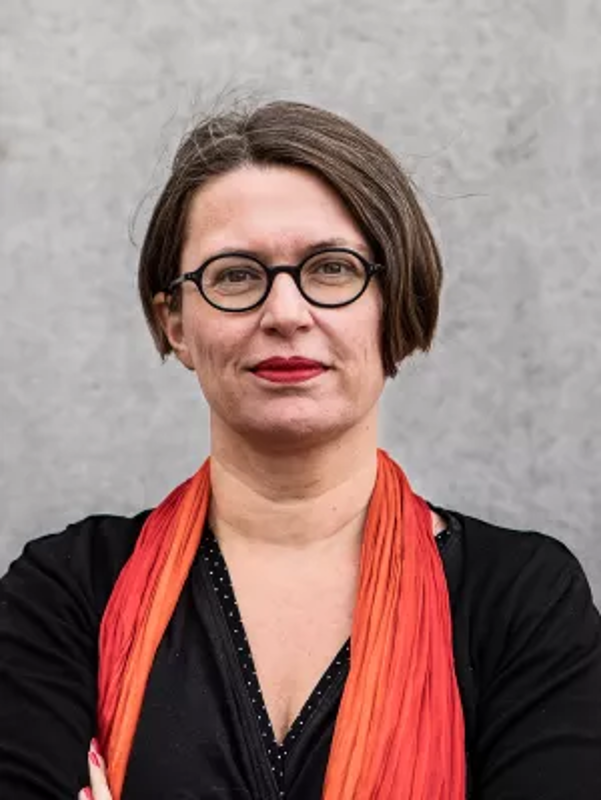

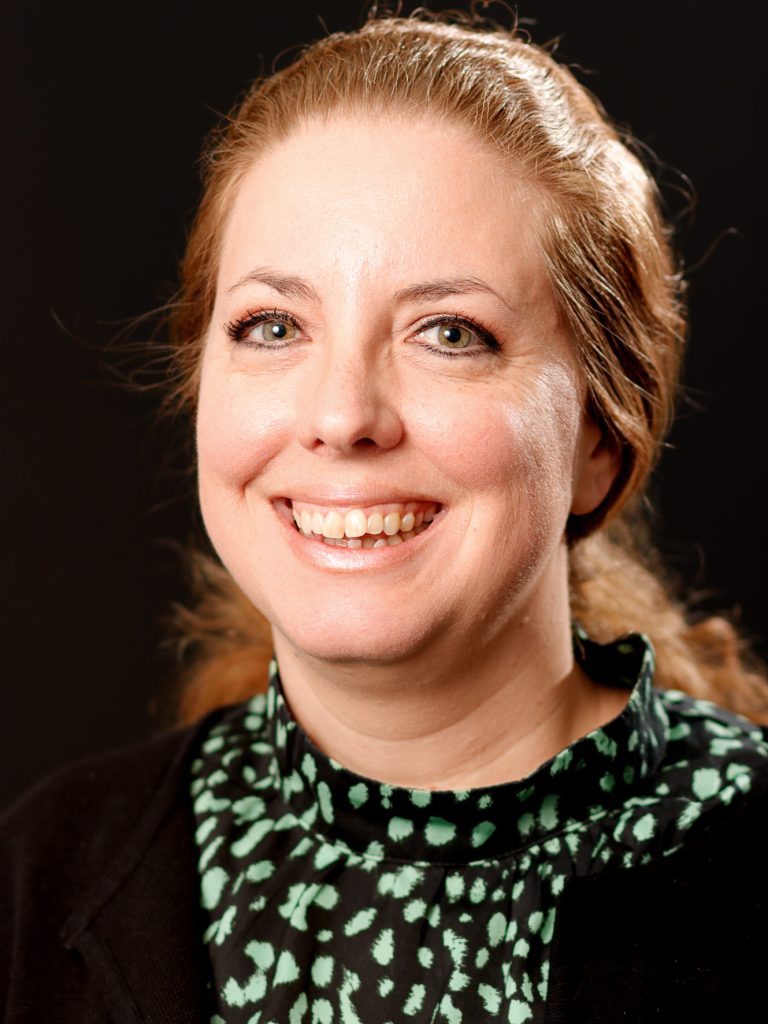
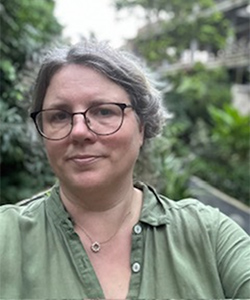



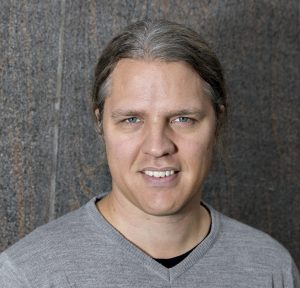


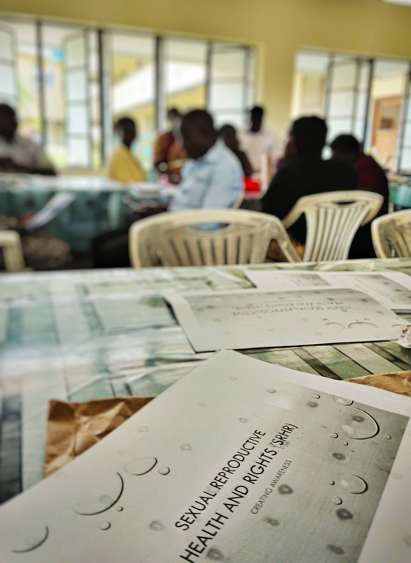

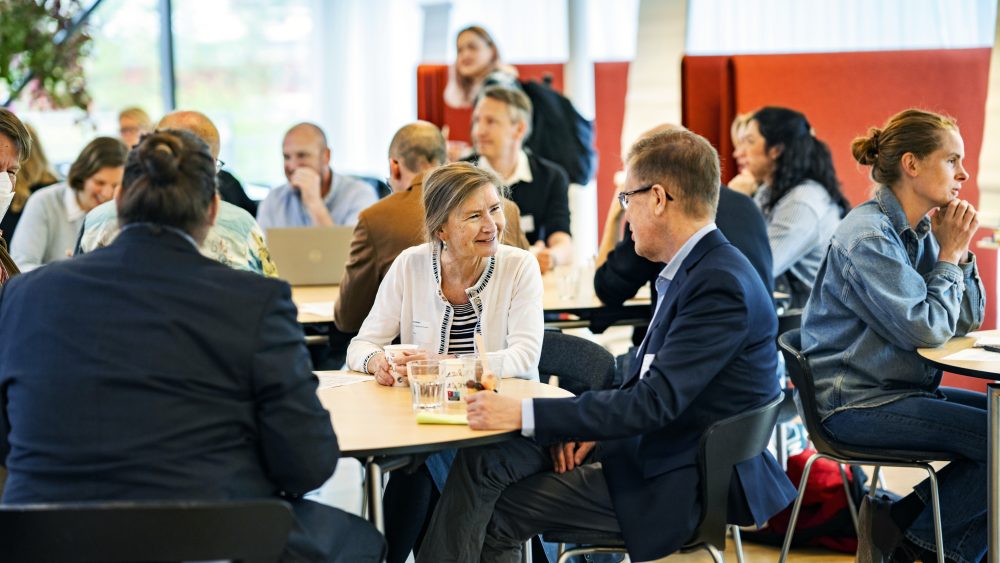
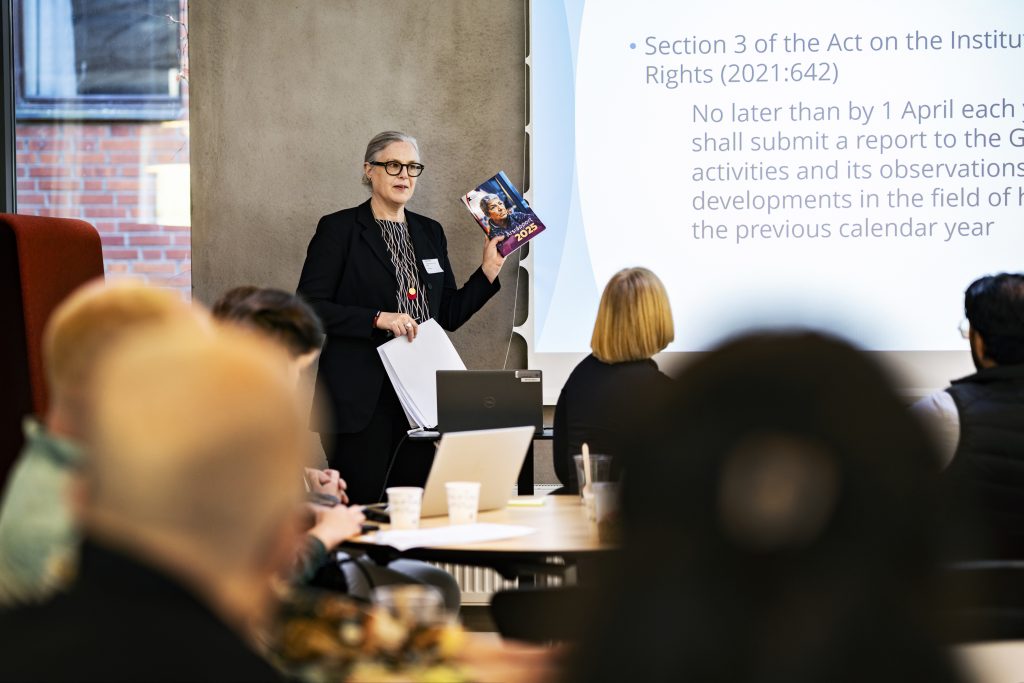
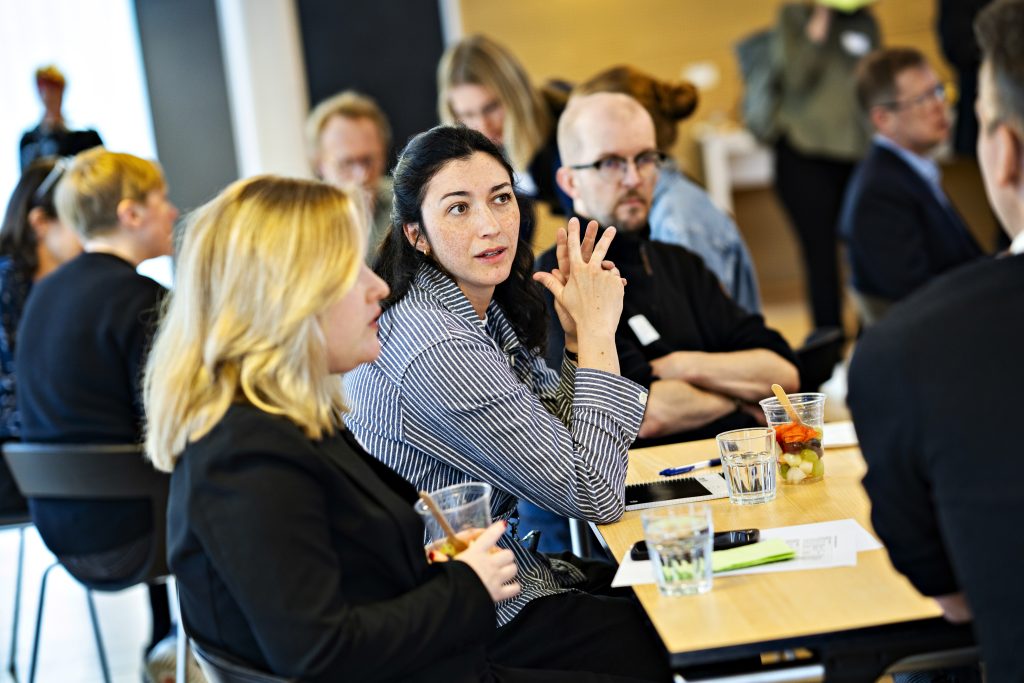
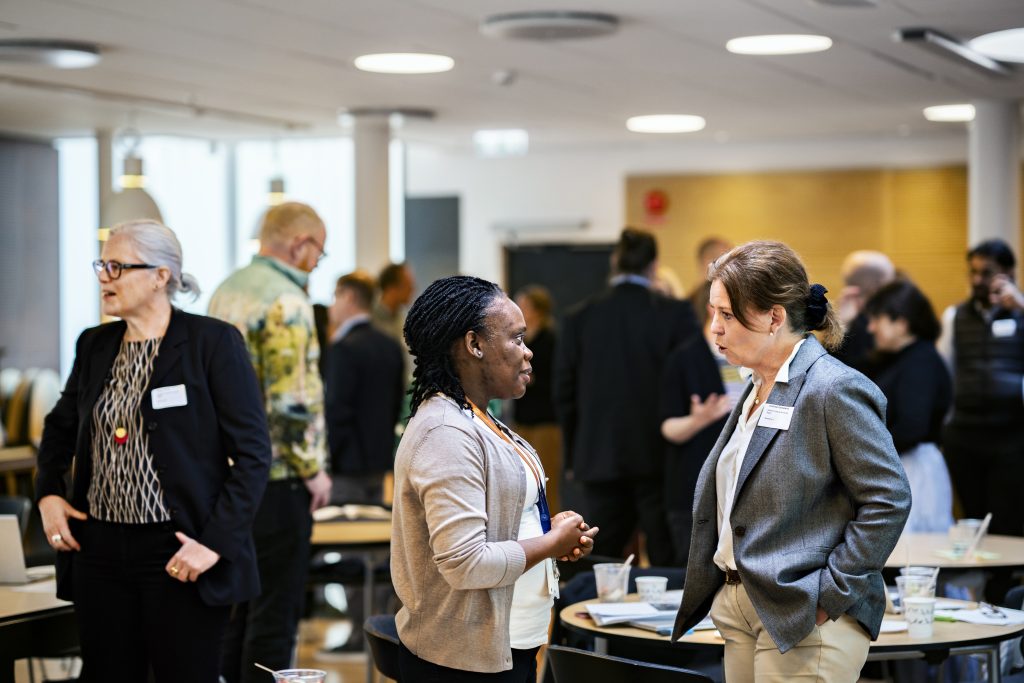


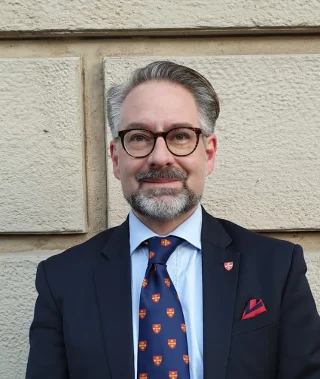



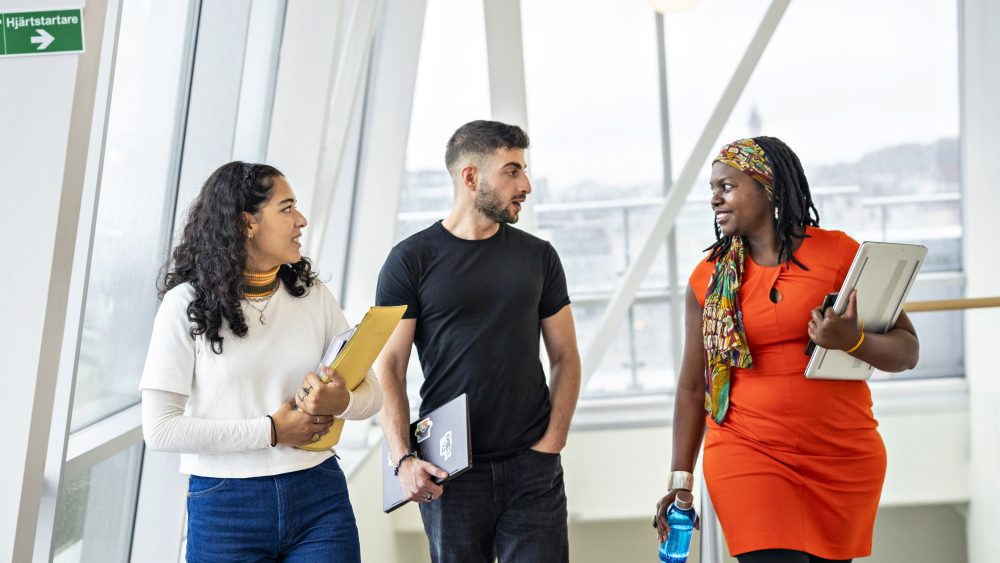

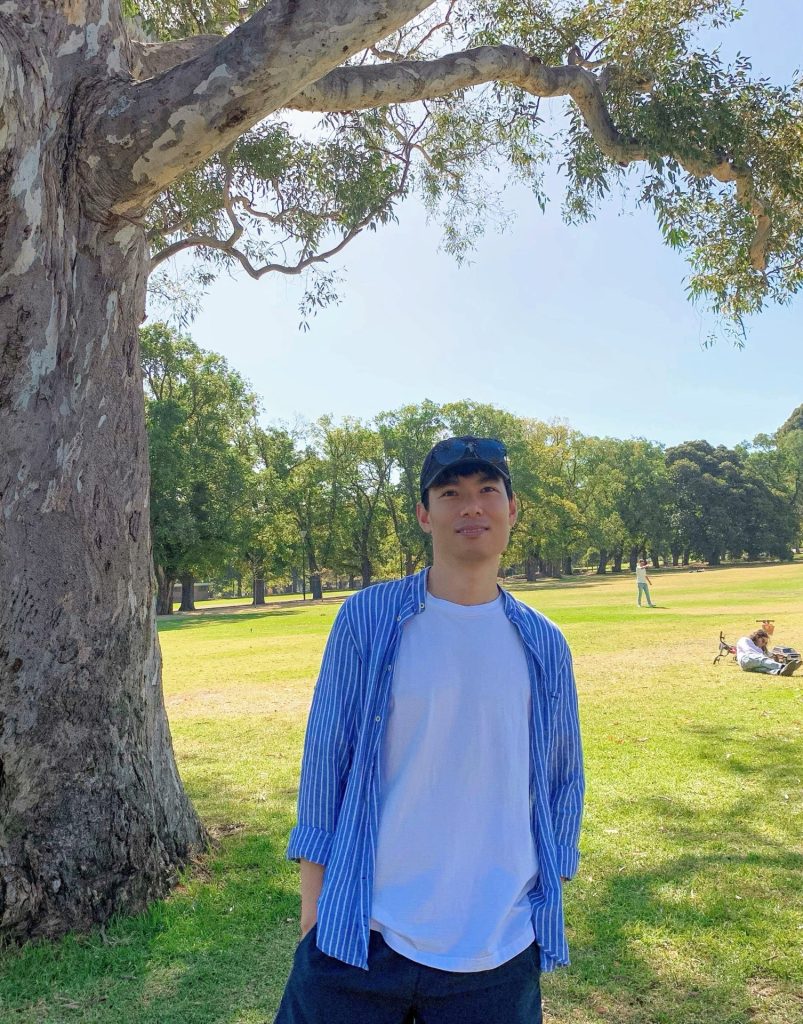
Comments